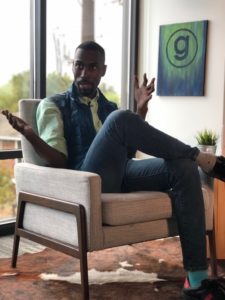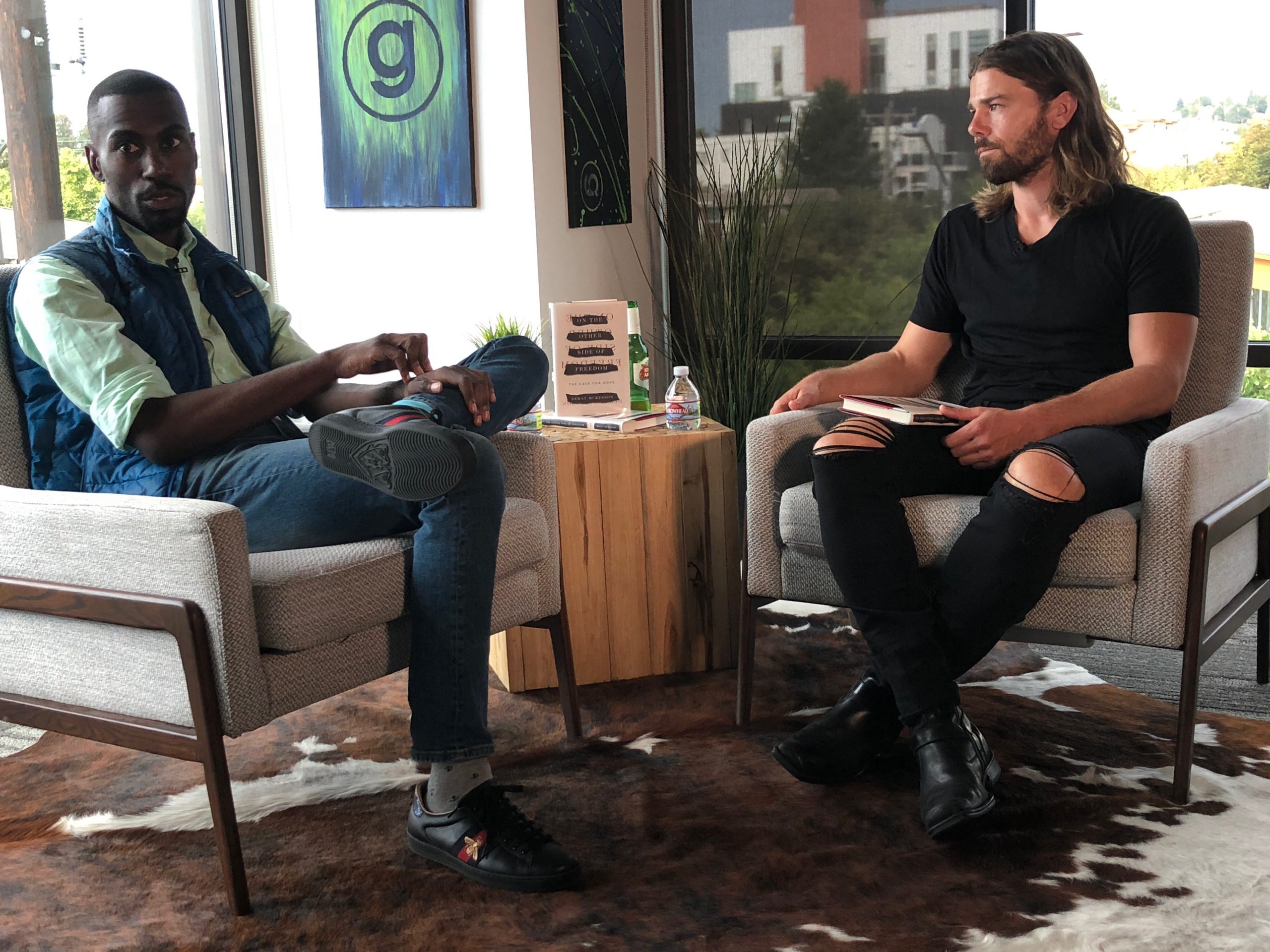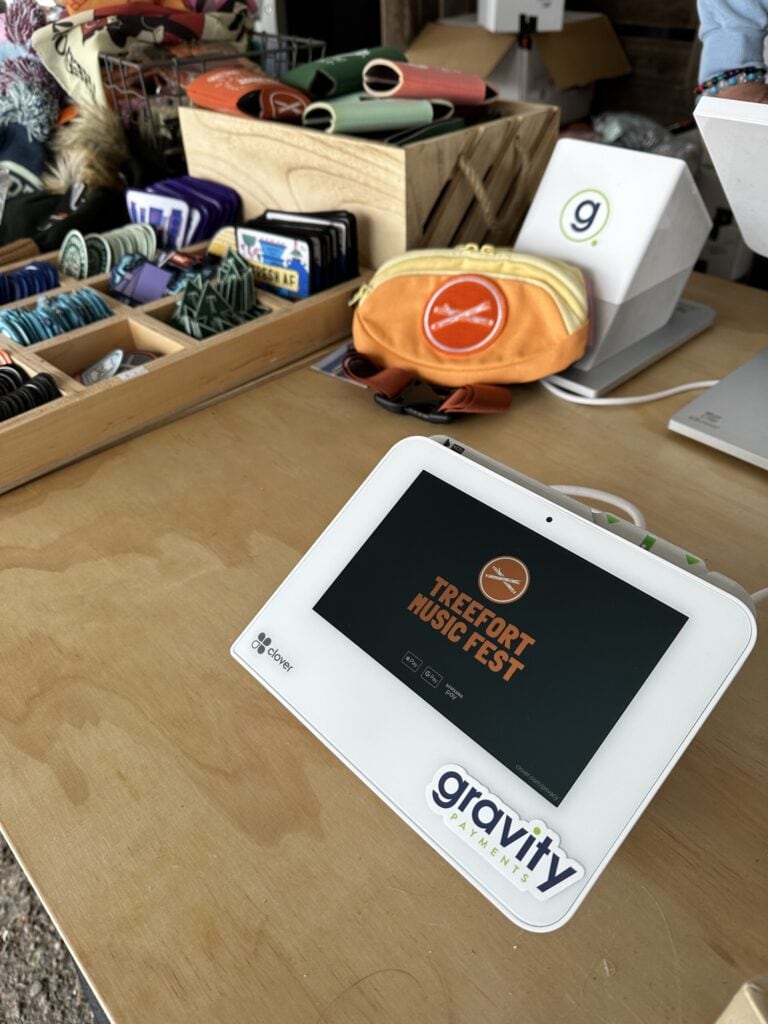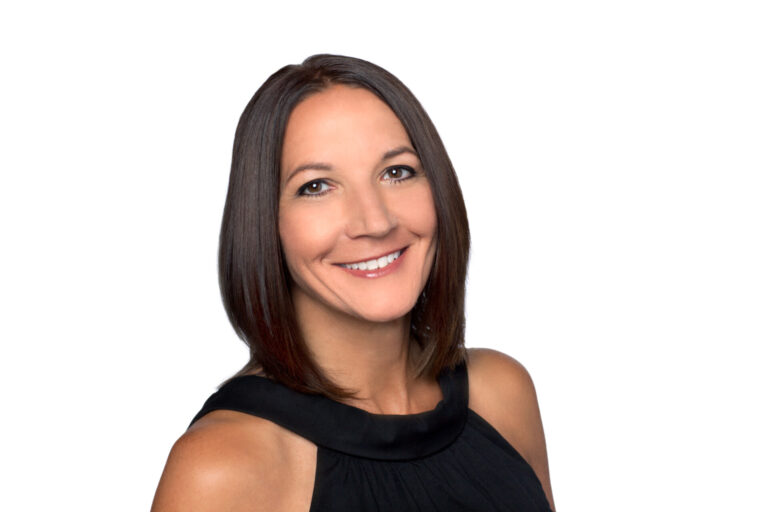Author and activist DeRay McKesson is best known for his civil rights advocacy, in particular his work with the Black Lives Matter movement. His writing, speeches, podcasts, and media appearances have helped shine a bright light on the pervasive effects of institutional racism in America, such as mass incarceration, police brutality, and lack of educational opportunities, as well as the everyday indignities people of color continue to face. Last month, during a trip to Seattle to promote his new book, On the Other Side of Freedom: The Case for Hope, DeRay stopped by the Gravity office to talk about how to remain hopeful in the face of overwhelming adversity.

DeRay McKesson
The conversation, which was moderated by Dan Price, touched on many issues, specifically those facing black people in the United States. DeRay and Dan discussed how racism and injustice affect all people–not just members of marginalized groups–and spoke about how individuals often forget just how much power they have to effect change.
DeRay pointed out that one of the reasons social change is so difficult is because the status quo is much easier to imagine than the world envisioned by social justice advocates. “We are always engaged in make-believe,” DeRay said. “The things we’re fighting for you’ve never seen before…When you think about every kid being able to read and write, you’ve never seen that before. You’re making it up…We have to start imagining something different, but it’s hard…we are engaged in this deep make-believe because the things we’re fighting for we’ve never lived through and never seen.”
Throughout the conversation, DeRay reminded the audience that even the most entrenched norms can be changed when people work to change them. “When [Dr. Martin Luther] King said that the moral arc bends toward justice, that’s a statement about faith,” he said. “But when we say that the arc bends because people bend it, that’s a statement about hope–this notion that the world can be a better place, but we have to make it happen. That hope isn’t magic; Hope is work. When I think about the fuel for most of [my work], for me it’s deeply rooted in the understanding that this isn’t the only way that the world can be. That God didn’t make earth, man, and white supremacy. That people made this stuff up, [and] because people made it up, we can do something different.”
Of course, because change is work, it requires people to actually do something rather than just sit on the sidelines and wait for other people to act. That’s why it’s important to be what DeRay calls an “accomplice” rather than just an ally. “Allies sort of love you from a distance,” DeRay said. “They’re like, ‘Hey, I get it. I hope you get free! Text me!’ Accomplices are like, ‘I hope you get free; let me know what I can do’…We need more people who are implicated in this work, too, who are like, ‘Let me try and figure it out. Let me learn more. I’m ready to walk into the risk.’”
Get the Gravity newsletter for the latest FAQs, tools, tips and tricks
As an example, DeRay told the story of how some white people joined the early Black Lives Matter protests in St. Louis because they knew the police were less likely to treat them violently than they were their black peers. “There was a group of white people who understood that the police would just treat them differently,” DeRay recalled. “So they were in front of all of us. And a lot of people got arrested. This black man gets dragged off. [But this one woman was] like, sixty years old, and the police officer literally just grabs her wrist and walks her [across the street]…He just gently walked her over.”
At one point, DeRay mentioned that, while we still have a long way to go to end racial injustice and inequality in America, he felt that Black Lives Matter and other civil rights movements were making great strides in improving awareness among society. Concerned that awareness isn’t enough, Dan followed up. “How do we translate that awareness into decrease in death at the hands of police and mass incarceration?” Dan asked. “Awareness seems nice, but it seems kind of fluffy. To me, awareness, if it’s not affecting those tragic situations and those lives ending, it’s not good enough”
DeRay responded that awareness, while only a first step, is a necessary first step. “You can’t fight for something that you don’t understand,” he said.
DeRay followed up by saying that one of the best ways to be an accomplice is to help increase awareness among your own community. For example, you can point out when a coworker makes a racist or sexist remark or share data points with family members who might not be well informed on a specific topic. Most importantly, don’t wait for other people to do the dirty work for you; You have to be willing to do it yourself. “You don’t need [people of color] to validate [your opinion that something is racist or wrong],” DeRay explained, noting how white people will often ask him to share his thoughts on a police shooting or some other news story involving a black person. “A lot of people…[want] people of color to be the people that say, ‘Oh, that was just racist and wrong.’ It’s like, ‘You knew that was racist, too!’ You should actually be empowered to say that…White people should be like, ‘I heard you say that,’ or ‘The way you talked to her in that meeting [was not okay.]’ People should be stepping up and doing that. That’s a sign of what it means to be an accomplice: you realize that you are implicated in these things, too.”
DeRay explained that, while the prospect of educating people on big or divisive issues can seem daunting, the actual work doesn’t have to be. “I am all about delivering tough messages in the most basic tones,” he said, following up with a story about how when someone challenges him on his ideas he’ll present them with a fact that even those who disagree with his opinions can’t argue with. “I was at this event, and on my shirt it said, ‘White high school dropouts have more wealth than black college graduates.’” he said. “And this guy comes up to me, he’s like, ‘Well, DeRay, the reason white people have more wealth is that there are more white people.’…And I’m like, ‘Yeah. There are only more white people because you killed half the people and enslaved the other half.’” The point being that people are rarely convinced by hearing other people’s opinions, but forcing them to deal in facts makes them confront the issue on their own terms without you having to exhaust yourself in an attempt to educate them.
“I just want you to deal with the content,” DeRay said. “Some of this, too, is how do we set people up with the question? When I talk to people about welfare now, I’m like, ‘What does a four-year-old have to do to earn dinner?’…‘How does a seven-year-old become worthy of shelter?’ You tell me. I don’t know. And forcing people to go through that process [will help you educate them without having to do all the work yourself].”
Another fact DeRay pointed to was the ever-widening racial wage gap in America. According to a 2016 report by the Economic Policy Institute, the wage gap between black and white workers is worse now than it was in 1980. Meanwhile, if nothing is done about this wealth gap, the median household wealth for black Americans will fall to $0 by 2053. While DeRay believes the government must play a role in addressing this wealth gap at an institutional level, employers can do their part by paying their employees a living wage and improving their hiring practices to be less discriminatory. Studies show that, one of the main reasons the wealth gap exists, is because people of color are underrepresented in high-paying sectors of the economy.
When asked what individuals can do to help, DeRay said the first step is believing that you matter. “One of the ways the status quo reinforces itself is by convincing you that you don’t matter. That you, the person, have no power,” he said. To illustrate, he told a story about how, when he was the head of HR for the Baltimore school system, a mother of a kindergarten student emailed to ask why her kid was in a class with forty other kids–way too many students for one teacher to handle. DeRay said he didn’t even know this was an issue until this mother pointed it out and, because of his awareness, he was able to fix the problem without much hassle. “Because she [sent an email], we changed the entire configuration of the kindergarten class at that school,” he said. “And that was a reminder to me that there’s an email in you somewhere…It takes you making that first step.”
Another way to get involved is to pick an area that interests you and become an expert on that subject. “There’s something you already care about, and the world is so screwed, that we can figure out how to align you with that thing,” DeRay said. “The second thing is that you’re only helpful in this work when you know an issue well enough to actually be a part of our conversation. So a lot of people are like,‘“I believe in the end of mass incarceration.’ You’re like, ‘Well, what about the end of mass incarceration?’ They’re like, ‘The end of mass incarceration. You’re like, ‘Well, that’s not helping.’” He pointed out that, within each big issue, “there are a million things for people to work on”–things like what defines a felon in each state or the disclosure policies and practices at individual police departments. “But it does start with you being curious enough to find something and do enough that you can be like, ‘Okay, let me ask these questions’ or ‘What does this look like?’ And ‘How do we [change this one specific thing].’ People forget that that is you. That’s you making a call. That’s you doing an email. That’s you coming out in the street. That actually matters in the aggregate.”
For more information on DeRay McKesson and how you can get involved with activism in your community, follow DeRay on Twitter, subscribe to his podcast, buy his book, or check out his website.
By Brooke Carey, Content Editor




